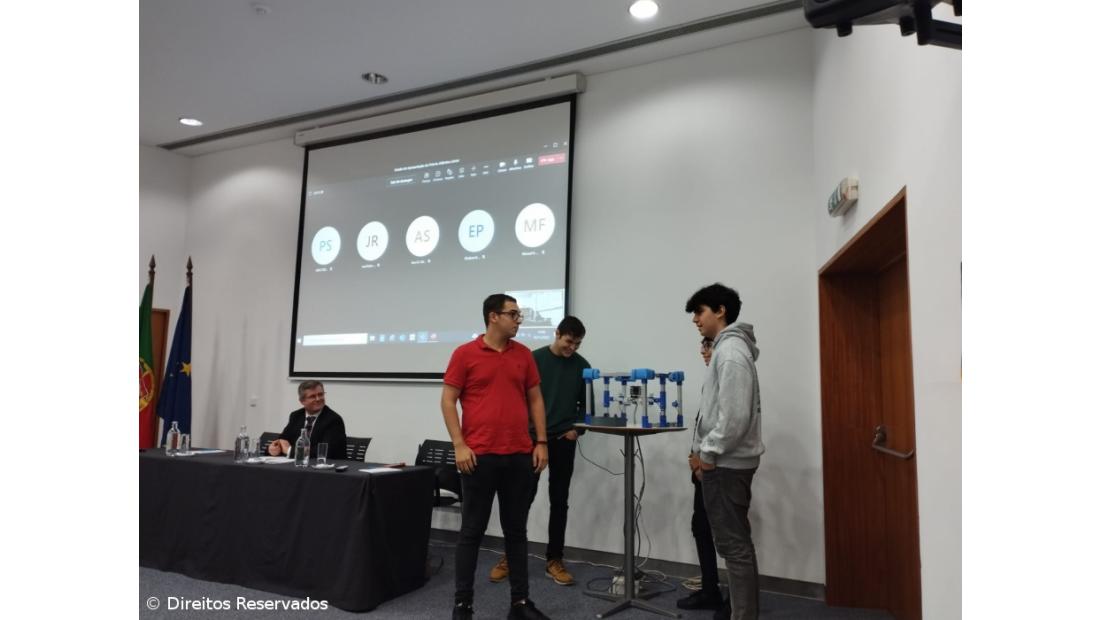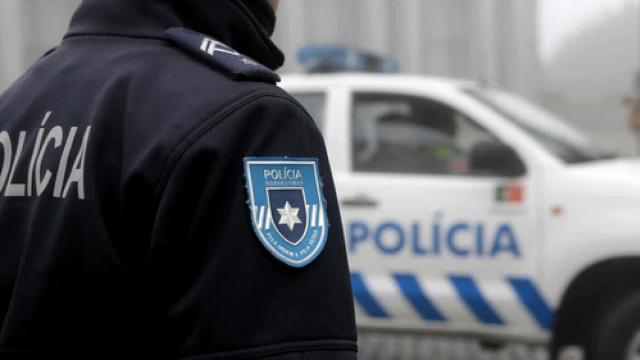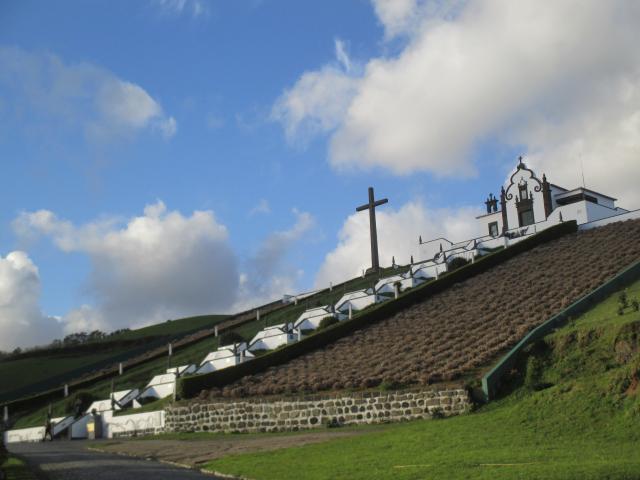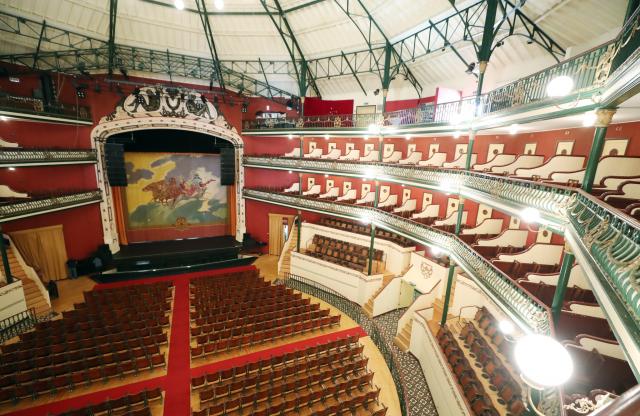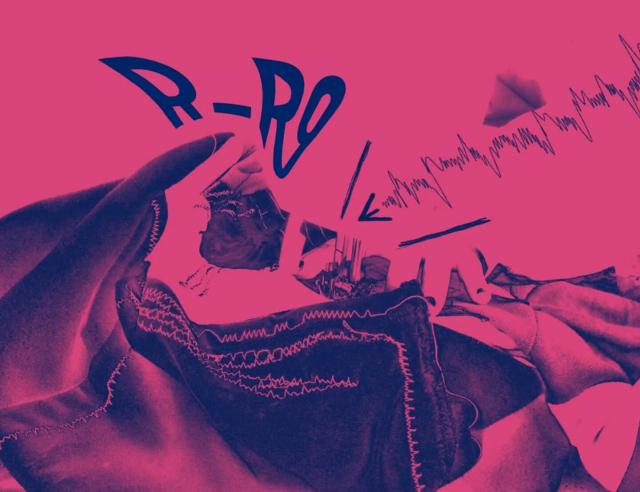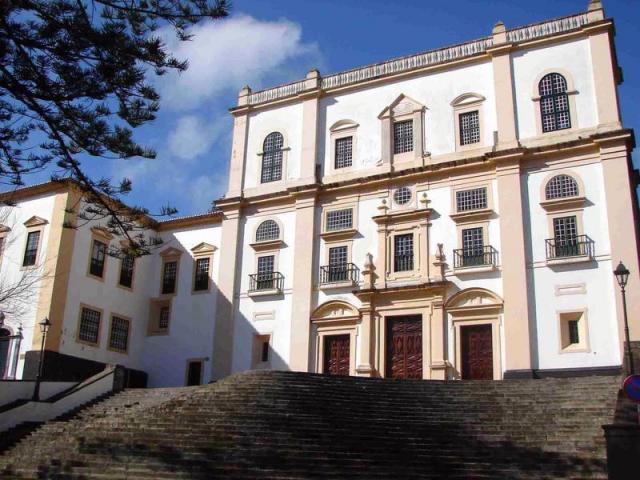The auditorium of ExpoLab, in Lagoa, was the venue chosen for the presentation of the second edition of the Atlantic Junior Award, a joint initiative of FLA and Ciência Viva.
The award aims to challenge young students from secondary schools and vocational schools, public or private, from mainland Portugal and the Autonomous Regions of the Azores and Madeira, to create a project under the five topics of the 2022/23 edition: marine renewable energy; marine robots with sensors to measure variables such as salinity, temperature, or pH; innovative boats; technologies and processes that contribute to eliminate or mitigate marine pollution; and biotechnology.
PAt the presentation, the Regional Director for Science and Technology, Flávio Tiago, expressed his pride in having had a team of students from the Azores School of New Technologies as finalists in the first edition, with AmazingROV.
Elsa Henriques, administrator of FLAD, urged the various students present in the ExpoLab auditorium to participate, considering that projects such as those required by the award “can encourage young people to invest in knowledge and improve development indicators”.
This is, according to Rodrigues, a necessity, considering the Azores have a rate of students in higher education below the national average.
“In Portugal, about 40% of pupils in secondary or vocational education will progress to any degree of higher education. In the Azores, this figure drops to about 10.12%. I was stunned by these figures. We cannot develop the Azores without changing this. We simply have to."
The growth of tourism in the region "does not help to improve these figures", she points out. "On the contrary, because it is easy for a 17-year-old student to be enticed to go to work for minimum wage, when living with their parents, instead of betting on knowledge and their future".
Elsa Henriques points out that the Azorean students who participated in last year's edition are an example to follow, because they continued to develop their project after participating in the program.

